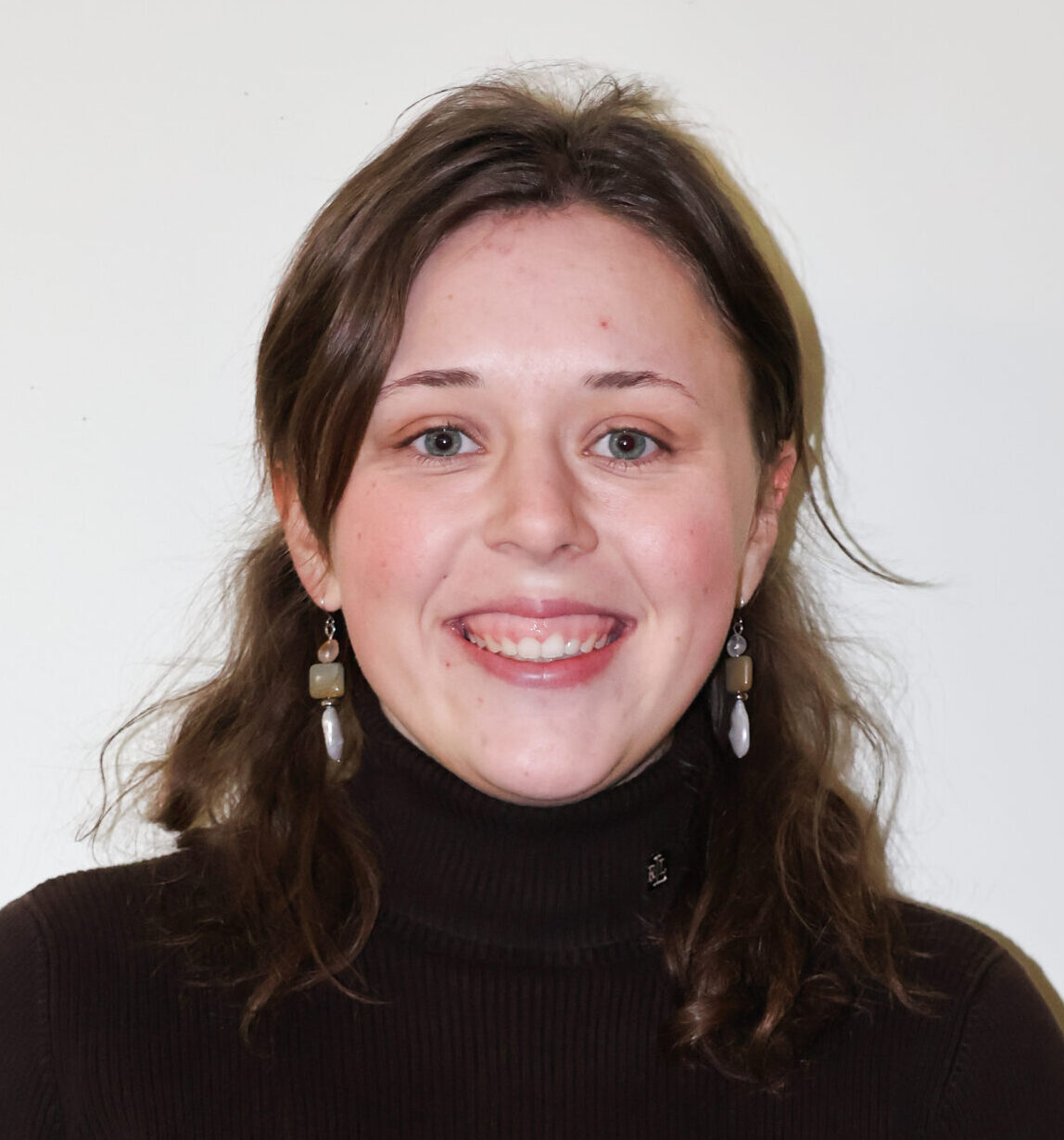The Jesuit Conference of Canada and the United States announced the closure of the Jesuit First Studies Program at Loyola.
JCCU Closes Jesuit First Studies Program at Loyola
The Jesuit Conference of Canada and the United States announced in February the closure of the Jesuit First Studies Program at Loyola, an academic program for Jesuits.
Loyola later announced the program’s closure in a March 5 press release.
The initiative began as the Jesuit Collegian Program in 1981 and was later transformed into the First Studies Program to include further education about theology rather than solely philosophy, according to Rev. Mark Scalese S.J., the First Studies Program superior.
Jesuits move to the First Studies Program after taking their First Vows to focus on their academic work. This step comes after the Novitiate process, where men are taught to be Jesuit, and work in a ministry before moving on to their regency, according to the JCCU website.
JCCU sent a letter to Loyola Feb. 24 announcing the news.
“The decision was not an easy one for us,” the letter stated. “We felt real sorrow in making it.”
The letter cited the reason for closure of a program as low enrollment numbers.
“Moreover, our universities need a certain number of students to provide classes at a graduate level,” the letter said. “We were aware of how small recent cohorts have been. While we pray earnestly for more vocations, we have watched with concern recent trends.”
The program is one of three in the U.S. and Canada, the sister programs at St. Louis University and Fordham University will remain open.
In an October meeting, after only 10 men had taken vows in the summer, the JCCU decided there weren’t enough incoming Jesuits to sustain three programs nationwide. The JCCU asked each school to provide a report for their next meeting and formally decided to close Loyola’s program in February.
The letter from JCCU recognized the adaptation to the Initiative of the Future of Formation. In 2018, the Jesuits reorganized the process as part of the Initiative for Future Formation. The IFF was the reflection of an internal study and aimed to improve the academic and ministerial components of the process.
Loyola was chosen to close because it adapted to the IFF later than the other schools. Scalese said last year was Loyola’s first year of having the initiatives fully underway.
Mike Jordan Laskey, spokesman for JCCU, said the decision was made by the major Jesuit superiors of Canada and the United States.
“It was a difficult choice for the major superiors to make,” Jordan Laskey wrote in an email to The Phoenix. “It is a source of real sorrow for them.”
Rev. Richard Salmi, S.J. is the university chaplain and canonical chaplain for Madonna della Strada Chapel, as well as the rector of the Loyola’s Jesuit Community.
“We were of course hoping that it would not be our program,” Salmi said. “But I can’t say we were overly surprised by that.”
To Scalese and Salmi, the closure was unsurprising because of the declining numbers.
“I think we all knew that there was the possibility of changes coming,” Salmi said. “And I think those who are in degree programs, they’re just happy to be able to stay and finish up their degrees.”
Scalese said he attended the Jesuit Collegian Program, before it was renamed First Studies, from 1989 to 1991.
“I’m very fond of it,” Scalese said. “I think Chicago is a great city. I think Loyola is a wonderful university. I’ve certainly invested a lot in this being a good program and our guys having a good experience here. I was sad about that.”
The number of men becoming Jesuits has dropped drastically at Loyola, according to Scalese. The number of Jesuits worldwide has also dropped, according to research by the Center for Applied Research in the Apostolate, which studies the Catholic Church.
“The numbers are what the numbers are, and we work with who God sends us,” Salmi said. “I think we do a good job with the people that we have and will continue to try to see where the Holy Spirit leads us on that one.”
There are currently eight men in the program. Scalese said when he began working at Loyola in 2019, there were 38 – though this number was in part due to Fordham’s program being shut down for two years in 2019 to make renovations and changes in line with the IFF, leading to students being temporarily redirected to Loyola and St. Louis.
Scalese said he watched the numbers decline from 38 in 2019, 32 in 2020, 28 in 2021 when the Fordham program resumed, 23 the following year, last year starting with 16 and beginning this year with nine.
“Now, as we dipped under 10, I would say that certainly the morale of the guys is as good and as high as ever,” Scalese said. “They have good relationships and help each other and their studies and community living as much as ever.”
Of the eight men currently in the program, two graduate this year. Five will graduate next year, and the remaining student, currently in his first year, will transfer.
Salmi said the Jesuit community at Loyola will continue to operate and be active.
“The closing of a program is not the end of the world,” Salmi said. “We will move on. We will still have a very vibrant and one of the largest Jesuit communities in the country next year.”
-

Zoe Smith is a staff writer at The Loyola Phoenix. She has been writing for the news section of The Phoenix since her first week at Loyola. She is a third-year student majoring in history and art history with a minor in European studies. Originally from Lima, OH, Zoe enjoys writing about university events and happenings.
View all posts
Topics
Get the Loyola Phoenix newsletter straight to your inbox!


